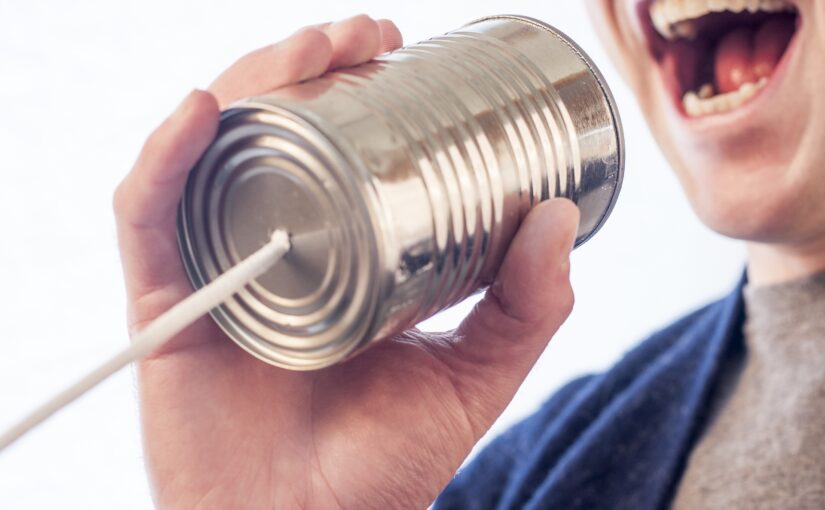Effective communication is essential for success in both personal and professional relationships. Good communication skills enable individuals to express their thoughts, ideas, and feelings in a clear and concise manner, while also allowing them to listen and understand others. In this article, we will explore the various components of effective communication and provide tips on how to improve your communication skills.
Know Your Audience
Effective communication begins with understanding your audience. Before you start communicating, take some time to consider who your audience is, what they know, what they are interested in, and what they need. This will help you tailor your communication to their specific needs and ensure that your message is well-received.
Use Clear and Concise Language
Clear and concise language is essential for effective communication. Use simple and easy-to-understand language, avoid jargon and technical terms, and ensure that your message is easy to comprehend. This will help prevent misunderstandings and confusion, and ensure that your message is conveyed effectively.
Be Attentive to Nonverbal Communication
Nonverbal communication is just as important as verbal communication. Pay attention to your body language, tone of voice, and facial expressions, as they can convey a lot of information about your thoughts and feelings. Similarly, be aware of the nonverbal cues of the person you are communicating with, as this can help you understand their thoughts and feelings.
Listen Actively
Active listening is an essential component of effective communication. This involves not just hearing what the other person is saying, but also understanding their message and responding appropriately. To actively listen, pay attention to what the person is saying, ask clarifying questions, and provide feedback to show that you understand their message.
Be Empathetic
Empathy is the ability to understand and share the feelings of another person. Effective communication involves being empathetic, as this helps build trust and understanding between people. To be empathetic, try to put yourself in the other person’s shoes, listen to their concerns, and respond in a caring and supportive manner.
Use Feedback to Improve Communication
Feedback is an essential tool for improving communication. After a conversation or meeting, take some time to reflect on what went well and what could be improved. Use this feedback to improve your communication skills, and ensure that future conversations are more effective.
Choose the Right Medium of Communication
Different communication channels have different strengths and weaknesses. For example, email is great for conveying information quickly and efficiently, while face-to-face meetings are ideal for discussing complex issues and building relationships. Choose the right medium of communication-based on the situation and the audience, and ensure that your message is conveyed effectively.
Stay Positive and Professional
Effective communication involves staying positive and professional, even in difficult or challenging situations. Avoid using negative language or tone, and ensure that your communication is respectful and courteous. This will help build trust and respect, and ensure that your message is well-received.
Follow Up
Following up is an essential component of effective communication. After a conversation or meeting, take some time to follow up with the person or group you were communicating with. This can involve summarizing the key points of the conversation, providing additional information, or following up on any action items. This will help ensure that your message is clear and that any next steps are well-understood.
Practice, Practice, Practice
Effective communication is a skill that can be learned and improved over time. To improve your communication skills, practice as much as possible. This can involve practicing with friends or family members, taking a communication course, or participating in a public speaking group. The more you practice, the more confident and effective you will become.
In conclusion, effective communication is essential for success in both personal and professional relationships. By knowing your audience, using clear and concise language, being attentive to nonverbal communication, actively listening, being empathetic, using feedback to improve communication, choosing the right medium of communication, staying positive and professional, following up, and practicing regularly, you can improve your communication skills and build stronger relationships with those around you. It’s important to remember that communication is a two-way street, and that effective communication involves both conveying your message clearly and understanding the thoughts and feelings of those you are communicating with. By using these tips and practicing regularly, you can become a more effective communicator and build stronger, more meaningful relationships in all areas of your life.
